ARS researchers and the USDA Southwest Climate Hub developed a new set of tools aiming at helping farmers, ranchers, and other stakeholders plan for serious environmental challenges.
Search Articles
-
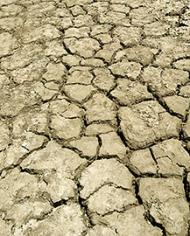
-
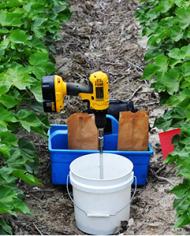
Researchers have developed a new, easier way to find the answer to the question, "How much carbon is stored in soil?"
Mar 14, 2022 -
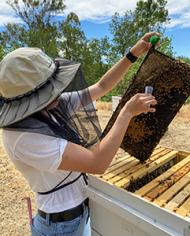
A long-term honey bee monitoring network helps researchers to better understand colony performance and survivorship over multiple seasons.
Apr 19, 2022 -
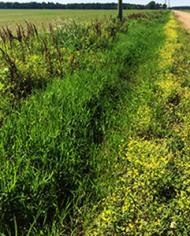
ARS researchers found that keeping plants in drainage ditches can benefit the aquatic ecosystem
May 02, 2022 -
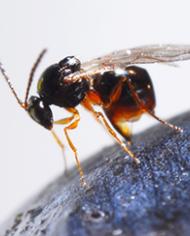
ARS and University of California-Berkeley scientists are evaluating the potential of a parasitoid wasp to control the fruit fly, spotted wing drosophila.
Apr 12, 2022 -
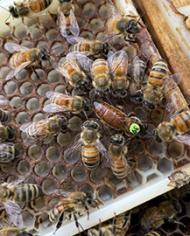
ARS researchers are studying genetics and breeding to make honey bees more resilient.
Apr 06, 2022 -
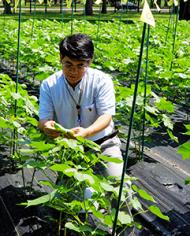
Scientists are producing new strains of cotton that offer both quality and abundance.
Mar 14, 2022 -
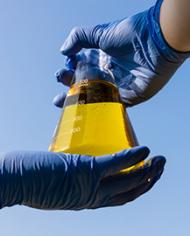
ARS scientists are investigating ways to ensure agriculture can produce renewable fuels that will help diminish our carbon footprint.
Mar 14, 2022 -
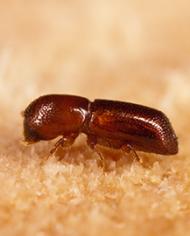
ARS scientists are combatting pests and diseases affecting avocado production in the U.S.
Mar 14, 2022 -
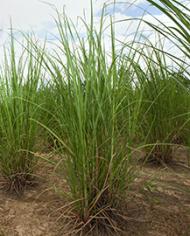
Scientists conducted research on how farm management practices could maximize elephant grass’s utility as a bioethanol feedstock.
Mar 10, 2022 -
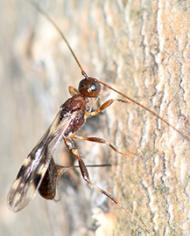
In the search for natural enemies of the emerald ash borer, one promising candidate is a tiny 5-7 millimeter-long parasitic wasp that lays its eggs on EAB larvae.
Mar 10, 2022 -
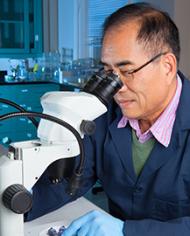
ARS scientists found that methyl benzoate can repel, and even kill, other insects and pests, including the spotted wing drosophila fly.
Mar 09, 2022 -
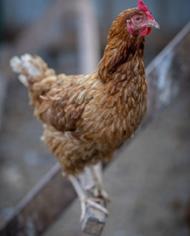
ARS researchers in Temple, TX, employed adaptive nutrient management to determine preferred balances on farms.
Mar 08, 2022 -
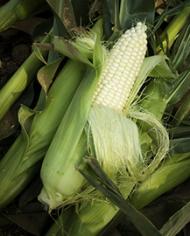
A team of researchers and their partners have found another way to conserve water: late planted corn.
Mar 03, 2022 -
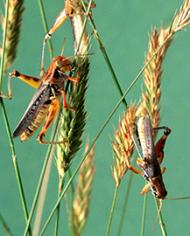
Often viewed as pests, grasshoppers may have a larger environmental role to play.
Mar 02, 2022 -
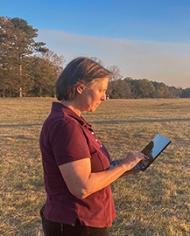
ARS researchers have developed a unique mobile system that assesses and maps out soil carbon to a depth of 30 centimeters (the plow layer) – all in real time.
Mar 01, 2022 -

ARS scientists are investigating ways to ensure agriculture can produce renewable fuels that will help diminish our carbon footprint.
Feb 28, 2022 -
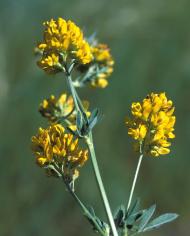
Beef producers in the western United States have been searching for alternatives to nitrogen-rich fertilizers .
Feb 28, 2022 -

ARS scientists are investigating ways to ensure agriculture can produce renewable fuels that will help diminish our carbon footprint.
Feb 28, 2022 -
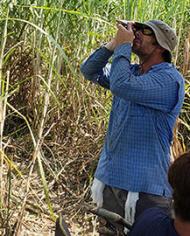
A new variety of sugarcane has high fiber content, excellent regrowth ability, high stalk population, cold tolerance, disease resistance, and excellent biomass yield.
Feb 25, 2022 -
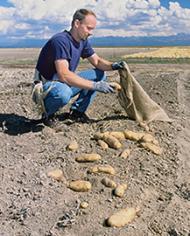
ARS scientists created a new potato variety with greater yields and better processing qualities, especially for making chips and fries.
Feb 16, 2022 -
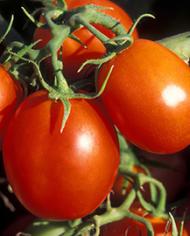
Combining the biofumigant with an herbicide seems to curb infestations of purple nutsedge as well as reduce nematodes and the tomato wilt bacterium.
Feb 14, 2022 -
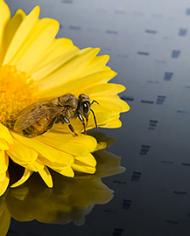
Researchers with the ARS Honey Bee Breeding, Genetics, and Physiology Research Unit have identified a region of the honey bee genome linked to reduced colony defensiveness.
Feb 11, 2022 -
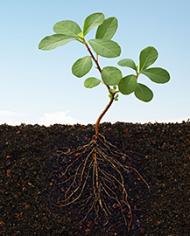
A new protocol addresses sources of variability and uncertainty in measuring microbial community composition and its connection with agricultural management and changing climate.
Feb 10, 2022 -
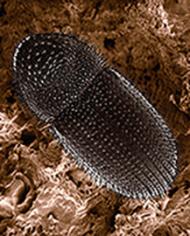
ARS scientists studied Puerto Rican fungal strains as possible biological control agents for managing the coffee berry borer in an environmentally sustainable manner.
Jan 28, 2022 -

Scientists conducted research on how farm management practices could maximize elephant grass’s utility as a bioethanol feedstock.
Jan 28, 2022


